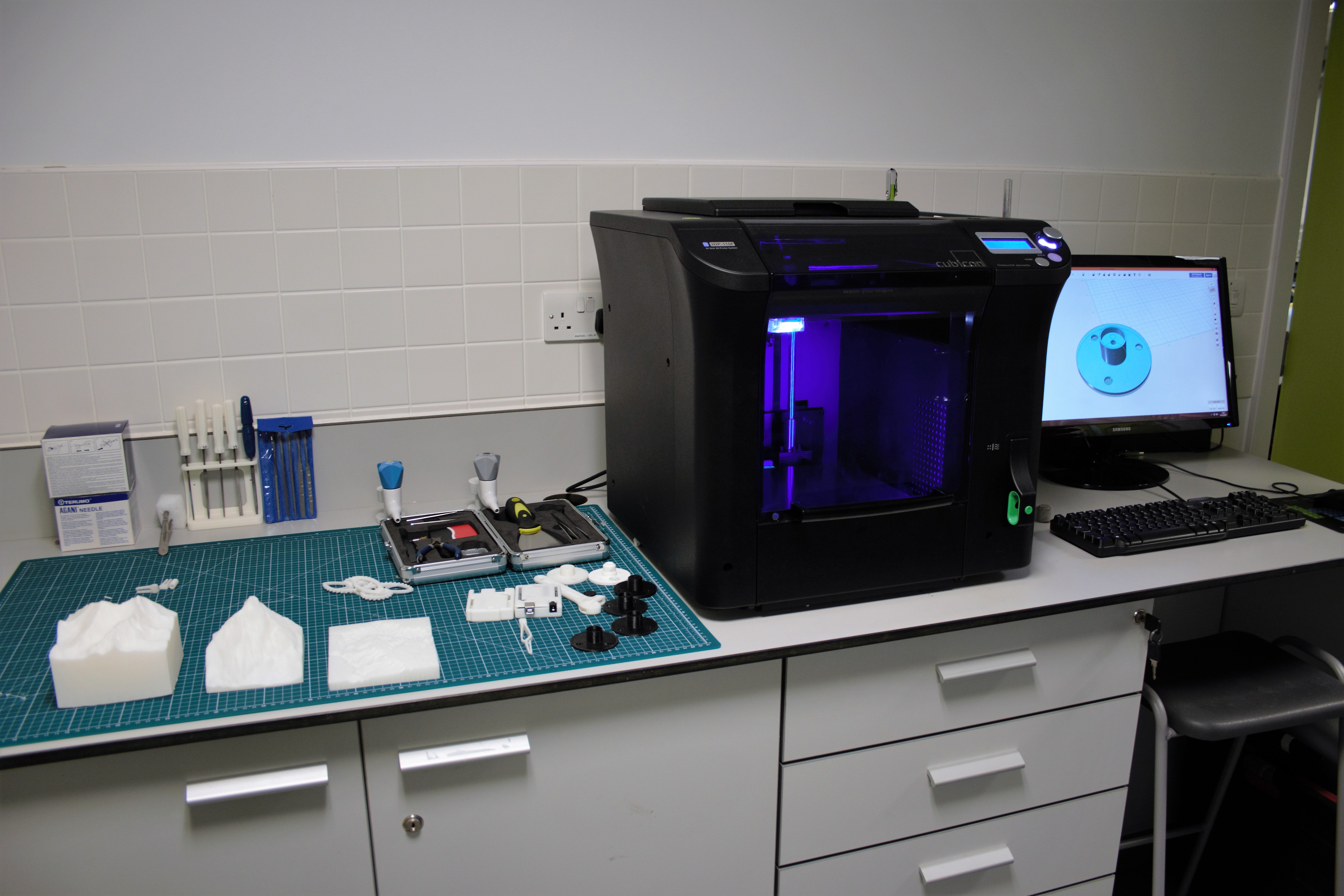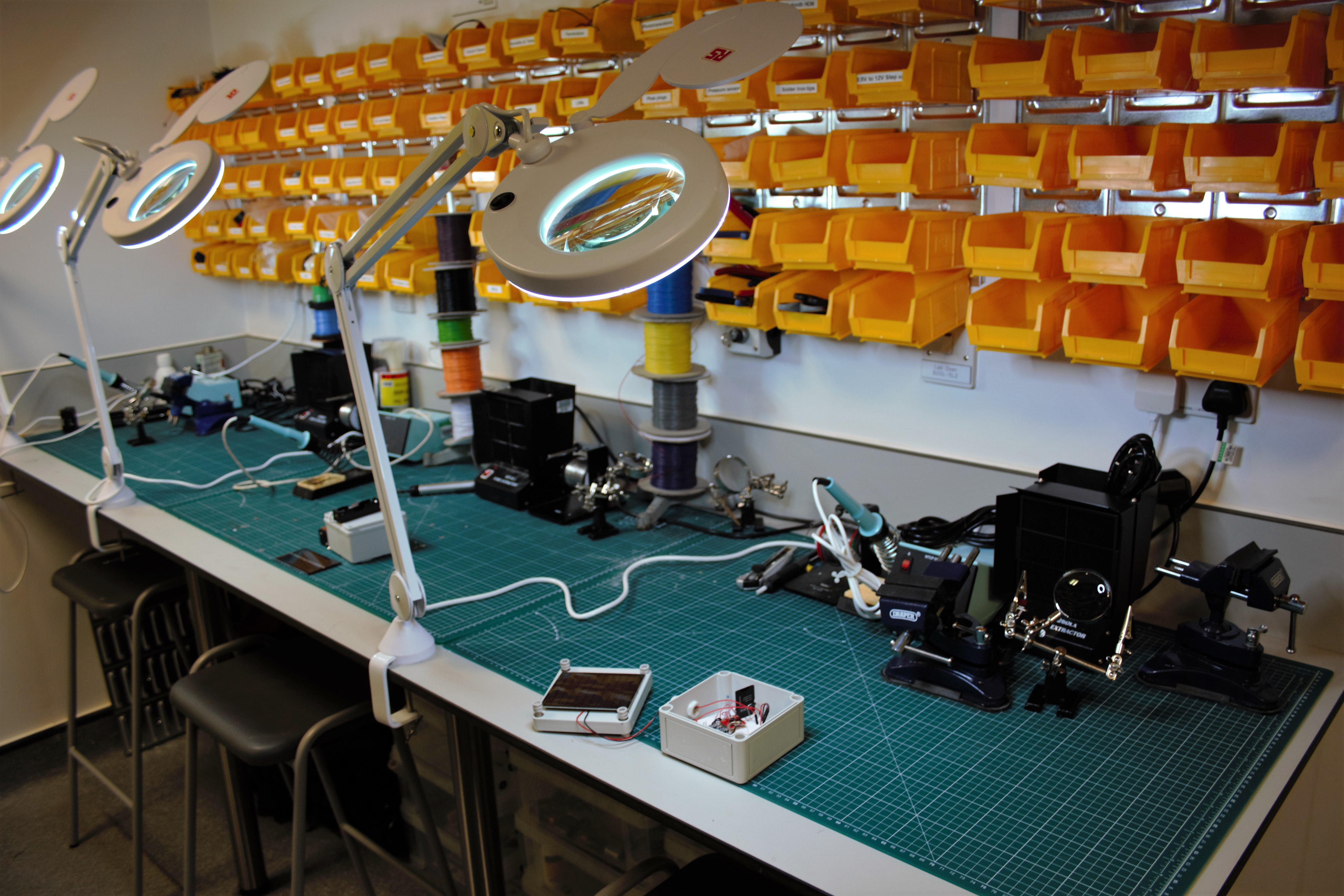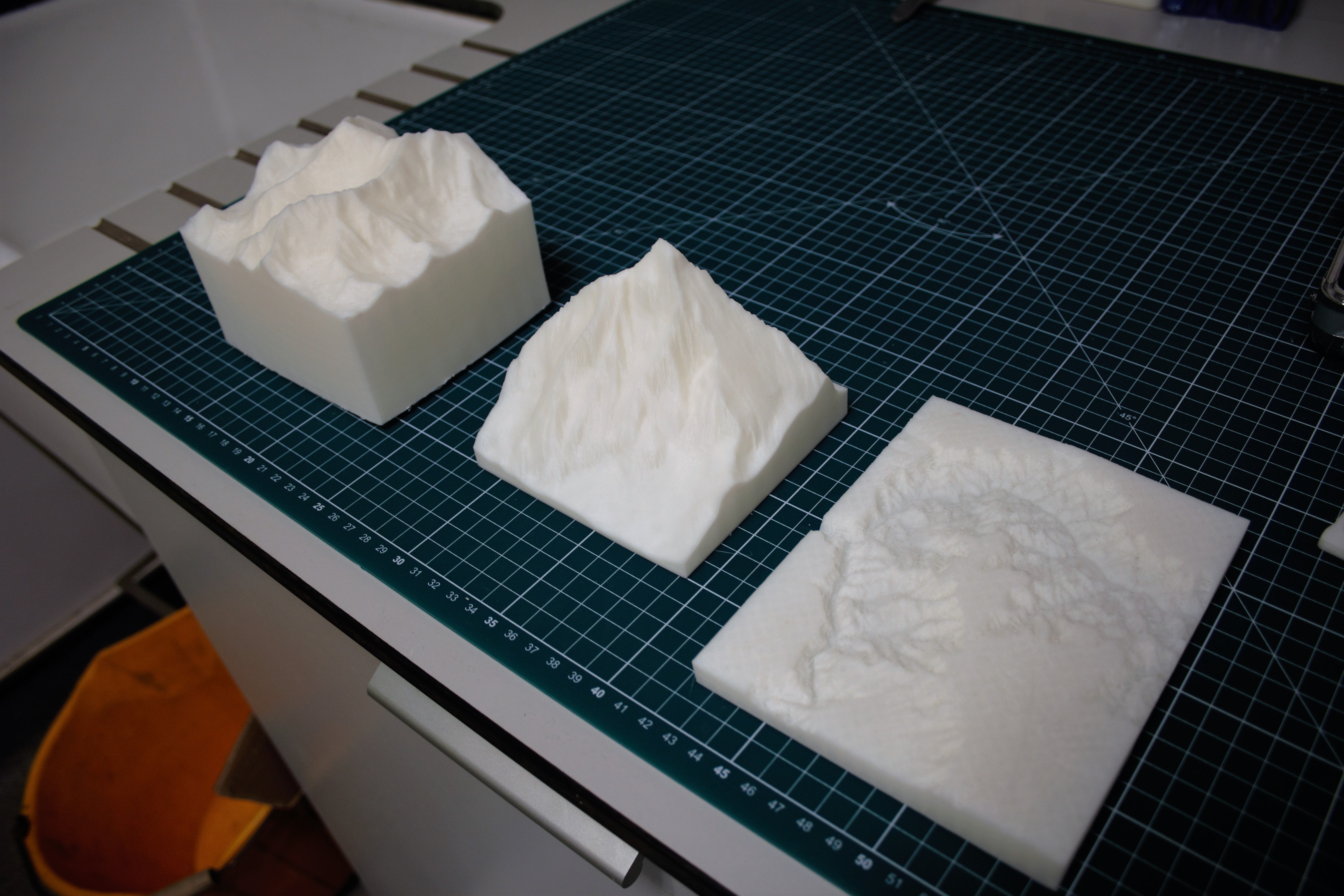The Geography Department has completed work on a new electronics laboratory to promote our development of specially designed environmental sensors.
Geographical research is heavily dependent on the collection of accurate environmental measurements. Consequentially, projects are often reliant upon the availability of highly specialised (and costly) sensors. Their significant expense however acts as an obstacle to many research projects and a barrier to citizen participation in science.
‘Open-source’ technology however is changing the way research is conducted. Through the rise of Arduinos and other micro-controllers (small programmable microchips), there is now a growing community of enthusiasts creating anything from drumming robots to homemade underwater ROVs (remotely operated vehicles).
Over the past five years, King’s Geography has been heavily engaged in implementing these open-source technologies within environmental sensing. Aquatic, terrestrial and atmospheric data loggers have all been made for research within the department. These low-cost sensors are increasingly being used throughout both our research and teaching.
The advantages of such technologies are clear, identifiable by the rising number of both academic and student projects utilizing the technology. The in-house nature of their development allows for students and researchers to tailor their sensors to their exact specifications – be it in terms of resolution, number of parameters or cost. Furthermore, the ability to create these technologies allows us to deploy multiple sensors for an equivalent price of more expensive probes, better constraining the spatial and temporal nature of environmental phenomena.
In just the past few years we have developed and implemented Arduino-based loggers in a range of research projects:
- Monitoring sewerage overflows in the Hogsmill River
- Supplementing satellite rainfall predictions using rain gauges connected to mobile networks in Kenya
- Creating Bluetooth-enabled soil moisture probes
- The Freestation project (led by Dr Mark Mulligan)
- Investigating London’s Urban Heat Island effect
- Measuring cloud cover around UK
- Comparing water quality in the Ecuadorian Amazon
- Installing various environmental sensors in rural Tanzania as part of our work with the Tanzanian Development Trust
Recognising the future of such technology, the King’s Geography Department has invested in a new specially-designed lab space for the development of such sensors, equipped with soldering stations, a vast stock of sensing components, and fabrication facilities – including a Cubicon 3D printer (below) enabling the housing for our sensors to be specially designed and built.

In addition to the new laboratory, the King’s College London Geography department is one of the few to provide dedicated teaching of Arduino technology specifically for environmental monitoring applications. Led by Dr Thomas Smith (creator of the tweeting plant), the module leads students to create their own sensors for deployment on the second-year fieldtrip. Teaching is further supplemented by our in-house electronics engineer and recently appointed technician who assist students in the creation of environmental sensors, particularly those choosing to employ the technology in their final-year or Masters dissertations.
The experience and knowledge developed from these projects in combination with the new lab space is a vital step to ensuring students have the greatest possible freedom to create sensors for their research projects. The King’s Geography Department is proud to be leading the country in implementing open-source technology into environmental research. We are also keen to share the knowledge from our experiences, having recently organized a seminar at the Royal Geographical Society on low cost and accessible field mapping and monitoring techniques (more info).


hello! my name is Maria and me and my friend develop tools and devices for the geographers. this is an open source project. i’m considering moving to UK soon and looking for collaboration with local geo community. is this electronic lab still active?